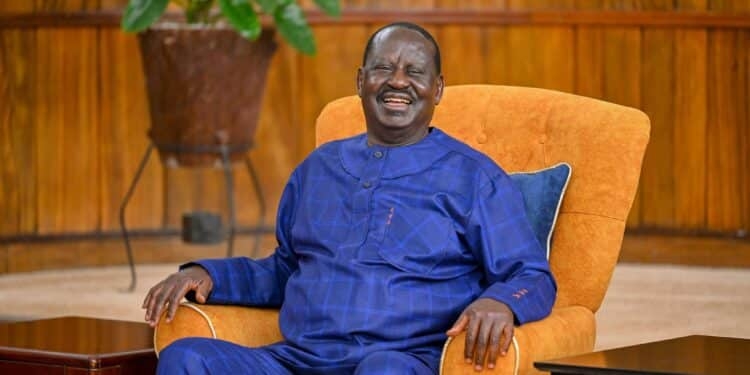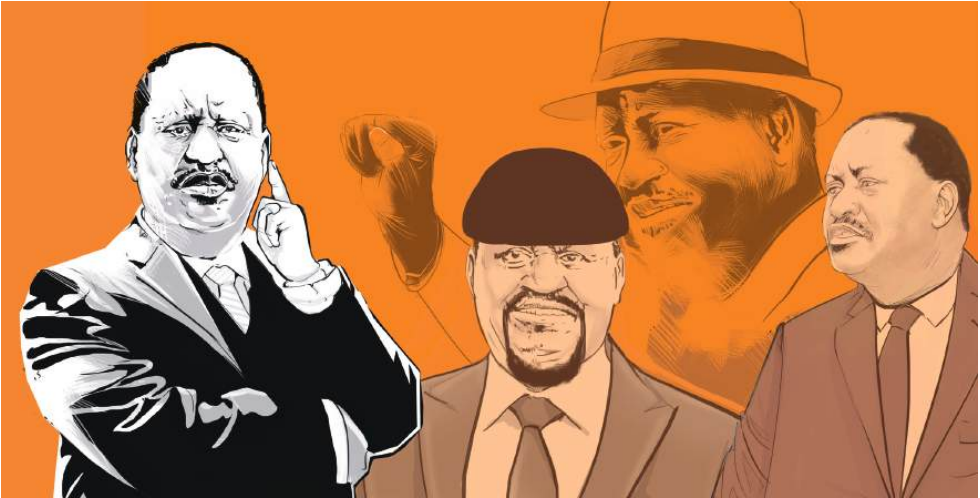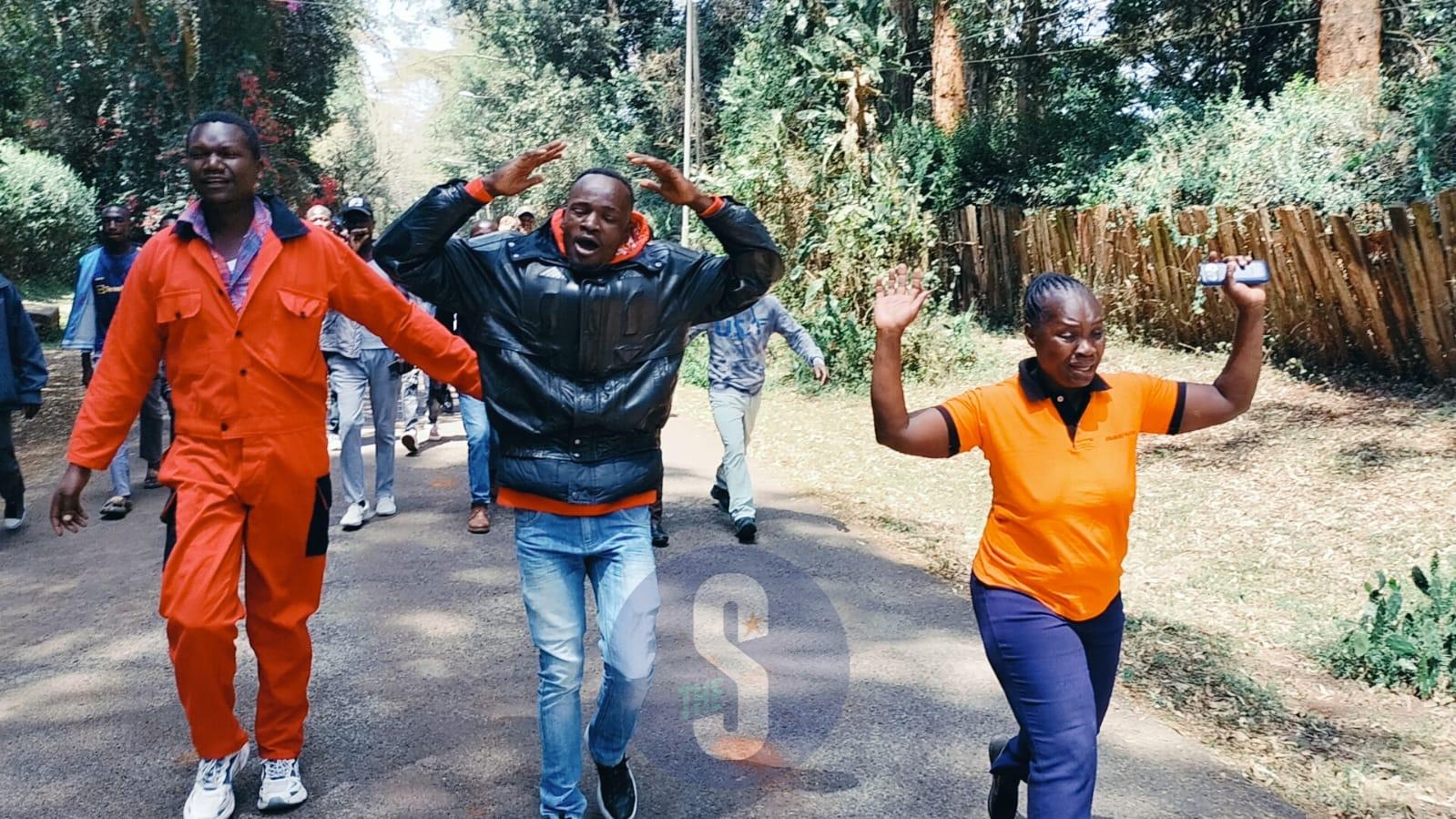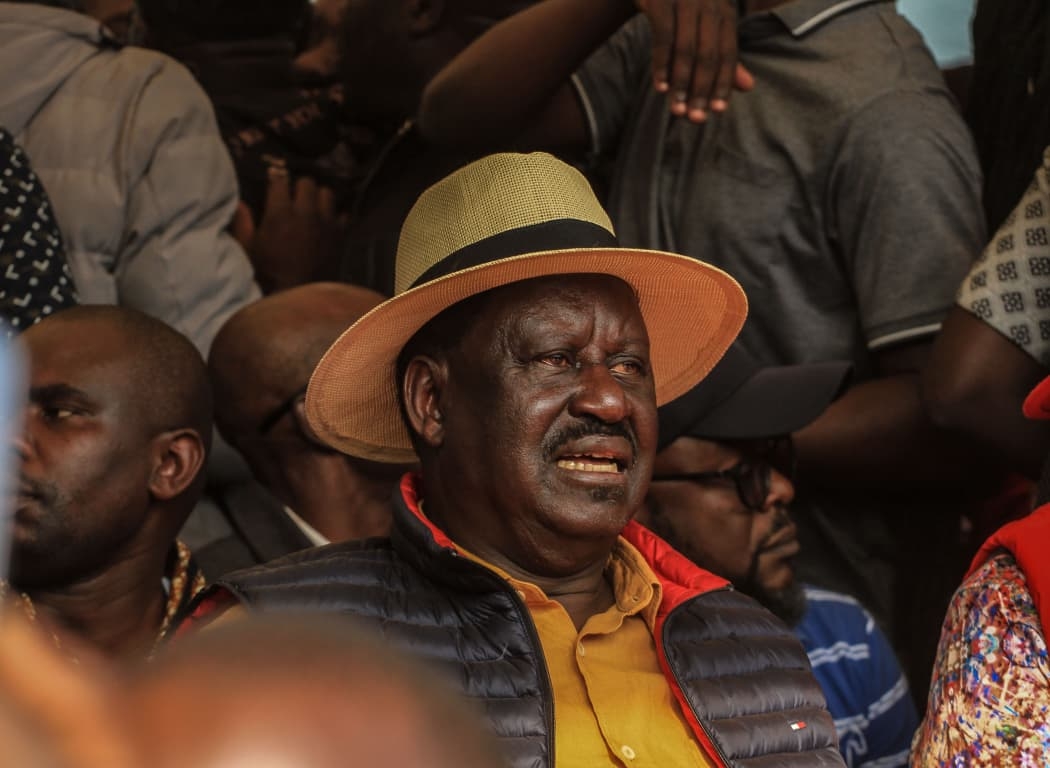

When a person who has been such a dominant player in Kenyan politics as Raila Odinga has been takes a fi nal bow, the public reaction is likely to focus more on his legacy and the political implications of his passing than on consoling his family.
And yet by all accounts, Raila was a devoted family man, not only to his immediate family but to an extensive clan of blood relatives. Those are the people who will feel the deepest pain and miss him the most.
But such a towering political figure does not belong only to his family. He belongs to the entire nation, and as such his death scrambles the political calculus of virtually all major political players in Kenya, and particularly President William Ruto.
The phrase “the end of an era” is one often used exaggeratedly. There are many dramatic events in politics which bring out that phrase, but when you look into the matter – and when things clear up with the passage of time – it turns out that there was in fact no such end to an era, and life goes on much the same.
Such will not be the case for Raila, whose death certainly brings an end to the predictable voting patterns in Western Kenya that have prevailed for the last few decades.
Raila had a massive support base in that region, and the bulk of votes cast there in the past quarter of a century, at least, have been cast in obedience to his directives.
As he did not in any way deliberately groom an official political successor, whether from within his own family or from among his many political proteges, there is no telling in what direction the Raila vote bloc in Western Kenya will now deliver their support.
Indeed, there can be no telling whether it will continue to exist as a cohesive voting bloc at all. But none of this is central to Raila’s greatest achievement which, in my view, lies in the role he played in ushering in a new political dispensation.
For many Kenyans, once there was a return to multiparty democracy, and with it, the freedom to vote for candidates who were outside the tight control of Kanu, the political party which led Kenya to independence, there was an expectation that miracles of economic development would follow.
But that proved not to be the case, and thereafter the clamour was for a new constitutional dispensation and, in particular, the devolution of political power and financial resources to every corner of Kenya.
Collaborating very closely with the then president, Mwai Kibaki, Raila was able to play an indispensable role in the creation of that new constitution – usually referred to as ‘The 2010 constitution’.
This new political dispensation has by now been so deeply entrenched in the hearts and minds of Kenyans that it is inconceivable that its benefits should ever be rolled back by any future autocrat.
This is not to say that this new constitution has not been revealed to have its own flaws and limits. But its benefits far outweigh any such shortcomings, and it gives voters at the grassroots the opportunity to dictate local budgetary priorities in a manner that was beyond dreams under the old constitution. However, the odd thing in politics is that helping bring about such transformational change – and especially change of which the benefi ts can only roll out over the coming years – is rarely a foundation for electoral victory.
In Kenya, elections are won more through catchy slogans and brutal negotiations aimed at bringing together regional vote blocs and thus bringing a majority of potential voters into one political coalition.
And that is what will obsessively occupy the hearts and minds of those who yet remain as key players in the Kenyan political landscape. In the true Kenyan manner, such key players will all declare themselves to have been particularly close to Raila Odinga and will manoeuvre relentlessly to find a path to replacing him in the hearts and minds of his millions of supporters.
This is not a uniquely Kenyan phenomenon. The death of a political titan, in all countries and at all times, will always result – immediately – in a race by all ambitious leaders, to inherit his political assets. Who will win this race – a race which has already begun, even before funeral arrangements for the late Prime Minister have been finalised – remains to be seen.
Wycliffe Muga is a columnist



















